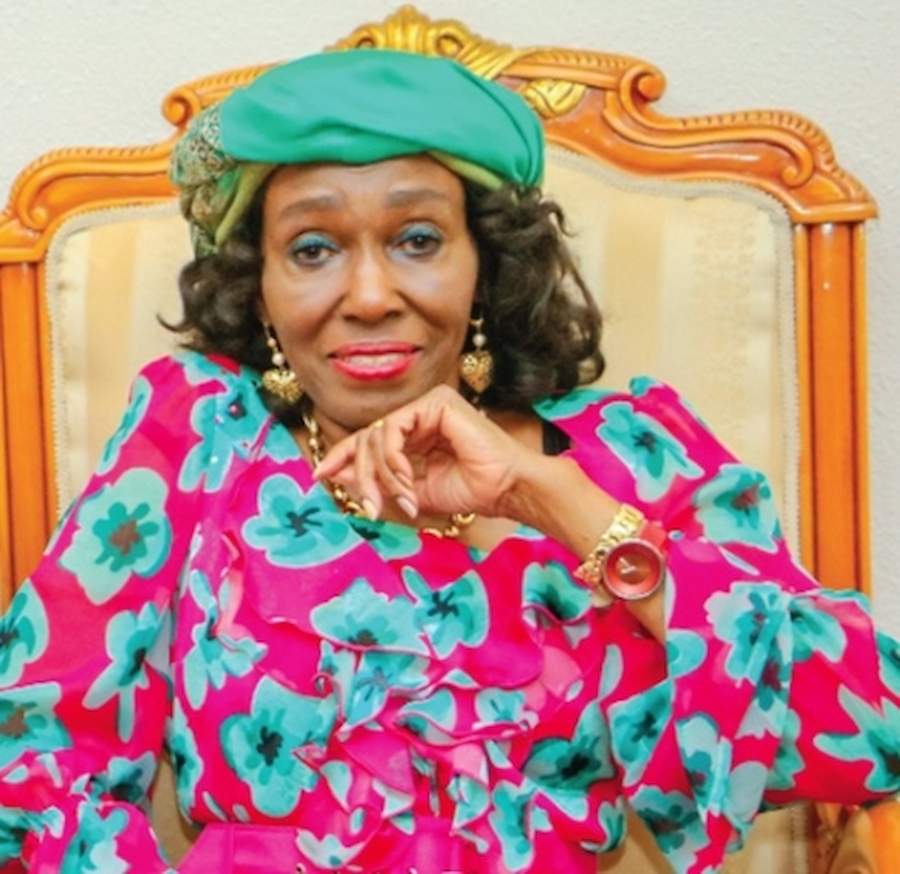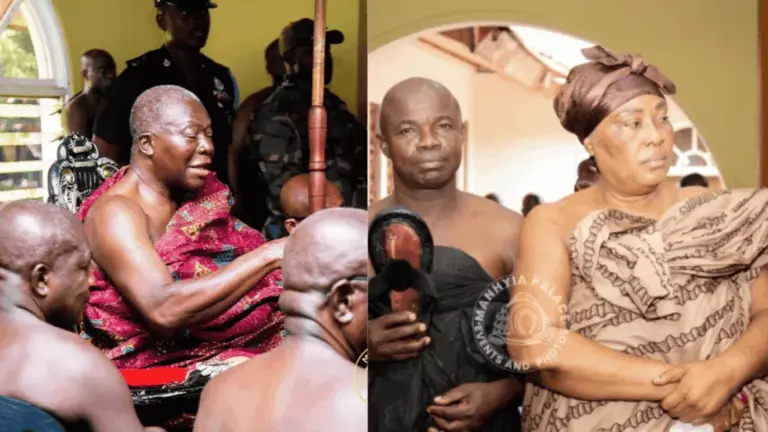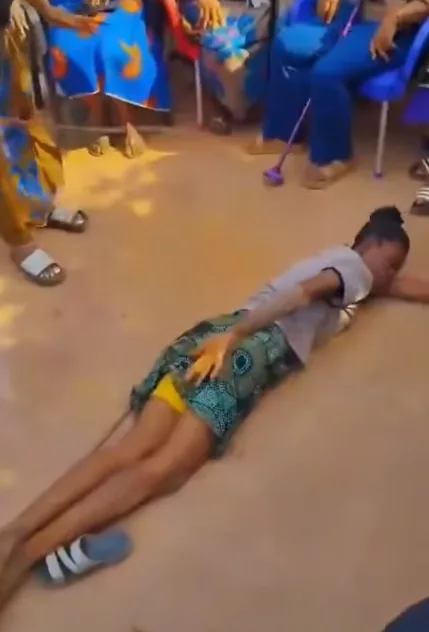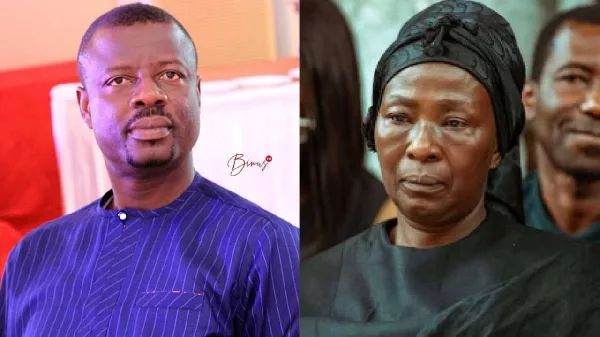
Nana Konadu Agyemang Rawlings, Ghana’s longest-serving First Lady and a pioneering political figure, passed away on October 23, 2025, at age 76.
Her life was marked by activism, resilience, and a bold challenge to the status quo. Here’s a straight-to-the-point look at her journey.
1. Early life and education
Born on November 17, 1948, in Cape Coast, she attended Ghana International School and Achimota School.
She studied Art and Textiles at the University of Science and Technology (now KNUST) and later earned diplomas in Interior Design, Personnel Management, and Development Studies.
2. Marriage to Jerry John Rawlings
She married Flight Lieutenant Jerry John Rawlings in 1977. He later became Ghana’s Head of State and President. Their partnership spanned military rule and democratic governance until he died in 2020.
3. Role as first lady
She served as First Lady from 1979 and again from 1981 to 2001. She redefined the role by actively engaging in policy advocacy, especially for women and children. Her tenure covered both the AFRC and PNDC regimes, and two constitutional terms.
4. Founder of the 31st December Women’s Movement
In 1982, she launched the 31st December Women’s Movement. It became one of Ghana’s largest women’s organisations, with over two million members. The movement focused on education, health, and economic empowerment for women.
5. Political ambitions
In 2012, she founded the National Democratic Party (NDP) after breaking away from the NDC. In 2016, she became the first woman to run for President of Ghana, though she did not win.
6. Motherhood and family
She had four children, including Zanetor Agyeman-Rawlings, a medical doctor and Member of Parliament. Nana Konadu was known for balancing her public life with a strong commitment to family.
7. Controversies and criticism
Her political ambitions sparked tensions within the NDC, especially during her presidential bid. Critics accused her of being divisive, while supporters praised her courage. Her leadership of the 31st December Women’s Movement also drew scrutiny over its ties to government resources.
8. Legacy and impact
She is remembered as a trailblazer for women in politics, a fierce advocate for gender equality, and a symbol of strength. Her influence reshaped the role of First Lady and opened doors for female leadership in Ghana.
10 Death and tributes
She died on October 23, 2025, at Ridge Hospital in Accra. Tributes poured in from across Ghana, recognizing her contributions to politics, women’s rights, and national development.






